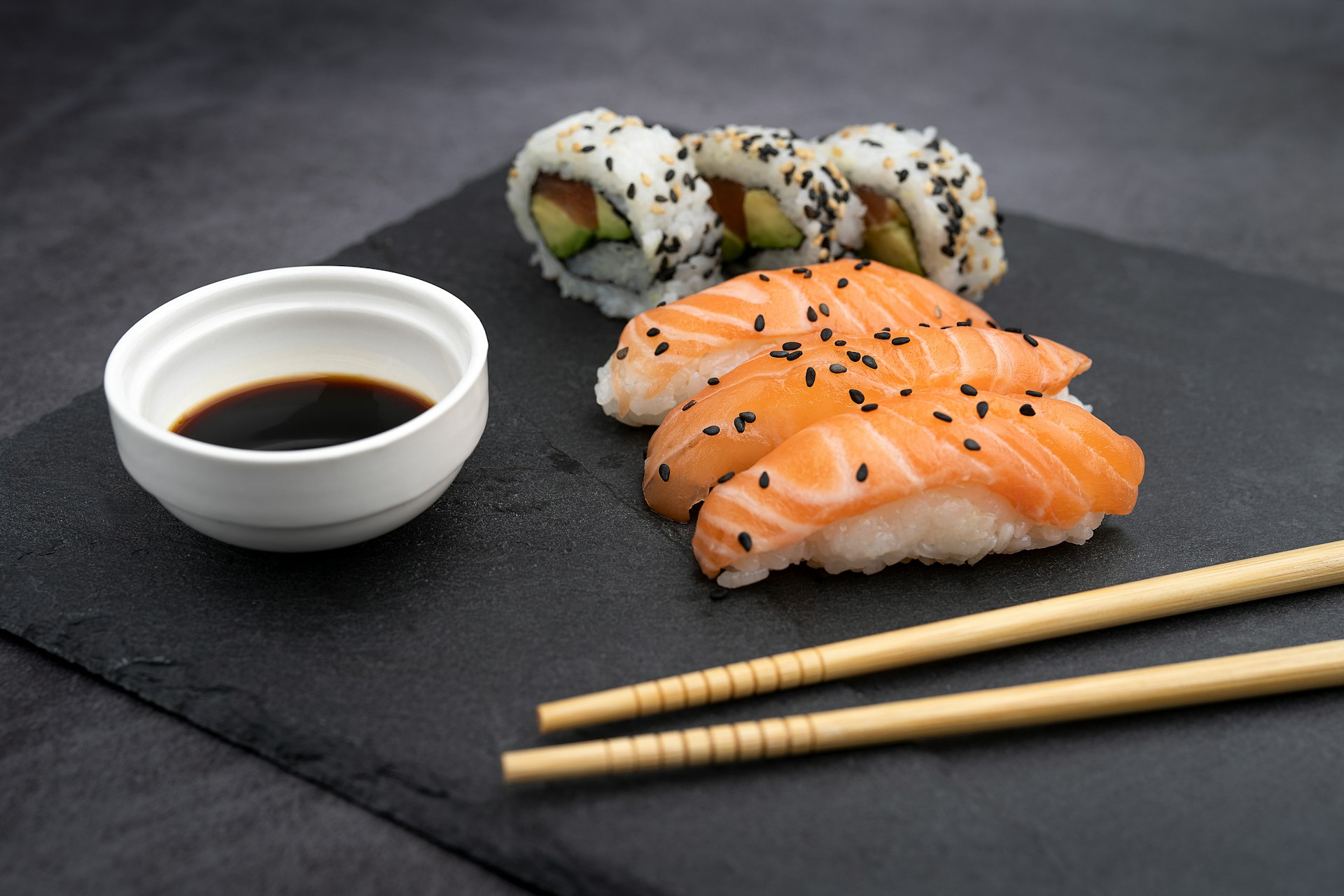For some, eating sushi every day is a dream come true. And even if not every day, how many people do we know who, during their lunch break, take a tray or a delivery of raw fish and vinegared rice, convinced that it is healthy? In fact, raw fish is not only pleasing to the eye: sushi in fact has good quantities of Omega-3 fish oils, essential for our body for their numerous health benefits, can reduce cholesterol, mitigate the risk of diseases cardiac, as well as reducing blood pressure, triglycerides and helping maintain heart rhythm; Plus, fish is a perfect meal to choose after a workout. That’s because it’s loaded with protein, which can help support healing and recovery.
Sushi every day, here’s what happens to your body
In short, so far only good news. But what else happens to our body if you are a daily sushi lover? There are some important things you should know.
Sushi also hides health risks
While raw fish can be delicious, it can also hide some unpleasant secrets. According to the American CDC, excessive consumption of sushi can trigger an increased risk of Diphyllobothriasis (or fish worm infection), symptoms of which include diarrhea, tiredness, stomach cramps, weakness and unintentional weight loss.
Raw fish is not just a parasitic Trojan horse. Both salmonella (found in 1.6 percent) and listeria (found in 1.2 percent) were discovered when tests were performed on 250 sushi samples. We’re not saying you’ll get sick every time you eat sushi, but your chances of getting sick only increase when you eat sushi every day.
Too much raw fish can be toxic
Even if you and your sushi restaurant are absolutely certain that your fish is fresh and safe, there’s still one thing you have to worry about when eating sushi every day: exposure to high amounts of mercury, which has the ability to damage the central nervous system. Mercury, in the form of methylmercury, is very persistent. Once you consume it in your food it tends to stay in the body for a long time. It accumulates and this can happen throughout the food chain. So the higher you go up the food chain, the higher the mercury levels.
Mercury can be found in fish such as tuna, swordfish and orange roughy. Mercury in high doses has been found harmful to the developing brains of infants and children; so if you’re pregnant or breastfeeding, it’s best to avoid sushi altogether, not just every day.
READ ALSO: Which pieces of sushi are the most caloric?
In Japan they don’t eat sushi every day
Sushi has many health benefits, but it also has many disadvantages. And if you’re wondering how Japanese people definitely eat sushi every day, the answer is that many of them don’t. Sushi in Japan is not only consumed in smaller quantities, but it is eaten differently.
There’s also the fact that sushi rice isn’t terribly healthy: The fact is that Japanese rice (used for sushi) has one of the highest sugar contents of all rices and is quite unhealthy compared to other types, like basmati rice. But in Japan, they typically eat many small plates that consist of a little rice, a lot of seaweed and vegetables, and a little fish but not a lot.
Ultimately, it might be smart to do as the Japanese do: refrain from eating sushi every day and reserve it as a more occasional treat.
READ ALSO: Does sushi make you fat?
Photo by Andraz Lazic / Mahmoud Fawzy / Marta Filipczyk
Advertising
